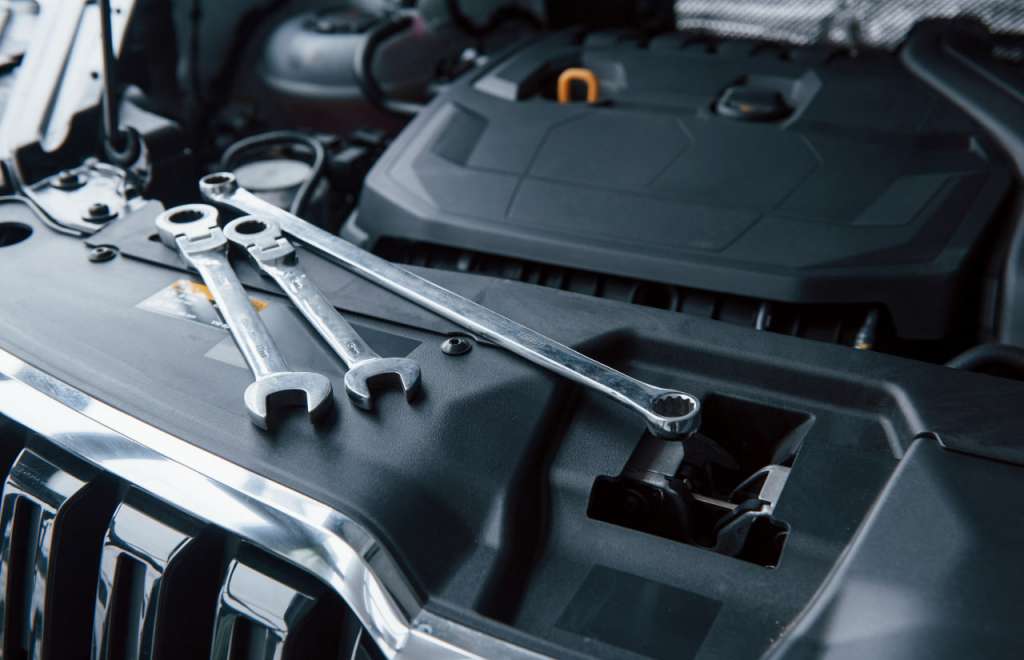A vehicle’s history includes information about accidents, repairs, auction sales, and other significant events. This data is stored in databases like Carfax, AutoCheck, and others, and is often a key factor for potential buyers. However, errors or outdated records can lower the car's value and complicate the sale process.
In this article, we will explore legal ways to remove incorrect records from a vehicle’s history and explain when and why you should consider seeking professional assistance.
What is a Car History and Why is it Important?
A car history is a record of all significant events in a vehicle’s lifecycle, including accidents, repairs, mileage, and insurance claims. Buyers often use databases like Carfax and AutoCheck to learn more about a car’s background before making a purchase decision.
However, sometimes reports may include errors or outdated information, such as:
-
Incorrect accident reports that may not have affected the car’s condition.
-
Wrong ownership details or inaccurate usage information, which could deter potential buyers.
Correcting such records helps ensure that the car’s history is accurate and improves its market appeal.
Why You Should Remove Incorrect Records from Your Car’s History
Incorrect or outdated information can hinder the sale of a vehicle. Here are some reasons to remove such records:
Improving Sales Conditions
A car with false accident reports or other issues may scare off buyers and reduce its price. A clean history makes the vehicle more appealing.
Protecting Personal Data
Vehicle history databases may contain personal information about previous owners. Removing such data helps protect your privacy.
Correcting Errors
There can be mistakes in reports about mileage, accidents, or insurance claims. Correcting these errors prevents misunderstandings during the sale process.
How to Remove Records from Vehicle History Databases
Removing incorrect records is a legal process that requires specific steps. Here’s how it works:
-
Initial Data Analysis
Our experts perform a thorough analysis of your vehicle’s history using Carfax, AutoCheck, and other services. This helps identify records that need to be removed or updated. -
Official Data Correction Requests
If errors are found, we submit official requests to the relevant platforms to delete or correct the information. Documentation proving the inaccuracies is required. -
Updating Vehicle Information
Once records are corrected or removed, your vehicle’s history is updated, improving its marketability and reputation.
Read more about the process in our article "How to Partially Remove or Completely Clear a Car’s History".
Frequently Asked Questions About Removing Car History
Is it legal to remove car history?
Yes, removing incorrect or outdated data is legal if supported by proper documentation and done within the bounds of the law.
How long does it take to remove records?
The process can take anywhere from a few days to a few weeks, depending on the platform and the complexity of the case.
Can I completely erase my car’s history?
No, we can only remove incorrect or outdated records. Full deletion of a car’s history is neither possible nor compliant with database policies.
How to Avoid Issues with Your Car’s History
To avoid problems when selling a car, it’s best to check its history in advance. If you find any errors, submit requests for corrections as early as possible.
Incorrect records can make selling a car more difficult. Removing false or outdated data improves the car’s value, protects personal privacy, and ensures transparency in the sale process. If you encounter such issues, professional services can help correct your vehicle’s history.












